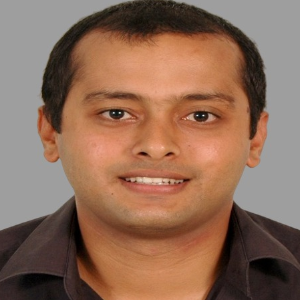Abstract:
Due to the availability of a large amount of data on Type1 Diabetes(T1D) and their variety, artificial intelligence (AI) techniques are increasingly being adopted in decision support systems for insulin therapy. Some of the state-of-the-art methodologies using AI and Continuous Glucose Monitoring Sensors (CGM) for decision support in advanced T1D management include techniques for personalized insulin dosage calculation, adaptive tuning of insulin calculator parameters, and glucose prediction.
Type 1 Diabetes (T1D) is a chronic metabolic condition caused by the autoimmune destruction of beta-cells of pancreas. Since insulin is the hormone stimulating Blood Glucose (BG) absorption by the body tissues, people with T1D, if not properly treated, present with the high BG concentrations.
T1D requires constant management through frequent BG self-monitoring, diet, physical exercise, and exogenous insulin administration: both the timing and the dose of insulin must be accurately tuned. Insulin under dosing increases the risk of hyperglycaemia, which if prolonged may lead to diabetes-related complications, such as nephropathy, retinopathy, cardiovascular diseases, and neuropathy. On the other hand, insulin overdosing can drive in short time to hypoglycaemia, which if prolonged and severe can increase the risk of seizure, coma or even death.
With the advancement in AI and technology, especially in medical field, has considerable effort into developing algorithms and software applications to enhance insulin delivery methods in T1D by exploiting the latest technologies and their interoperability. One of these applications is Decision Support Systems (DSSs) for advanced diabetes management i.e., tools that can assist the patient and/or the doctor during the decision-making process by automatically analysing the patient’s data and providing personalized recommendations about therapy adjustments. The large amount of data that can be acquired from patients with diabetes makes artificial intelligence (AI) techniques particularly attractive for developing diabetes DSSs.
AI technology in insulin pump wearable medical devices that inject rapid-acting insulin into the subcutaneous tissue is an example of latest technology helping T1D patients. Some insulin pumps can be integrated with rtCGM sensors (real time continuous glucose monitoring) into the so-called closed-loop (or artificial pancreas) system, in which a control AI algorithm automatically adjusts the insulin dose based on the glucose concentration measured.
Audience take-away:
- The audience will understand the importance and usage of AI technology in the management and prevention of diabetes mellitus. The presentation will help the audience in understanding the impact and usage of new technologies and existing technologies and help them understand how AI in insulin pump therapy help control blood sugars in T1D so that people can continue their regular day-to-day activity with ease. The presentation will also help healthcare providers to prescribe the right technological solution to their patients, thereby improving the lifestyle of patients with diabetes.




